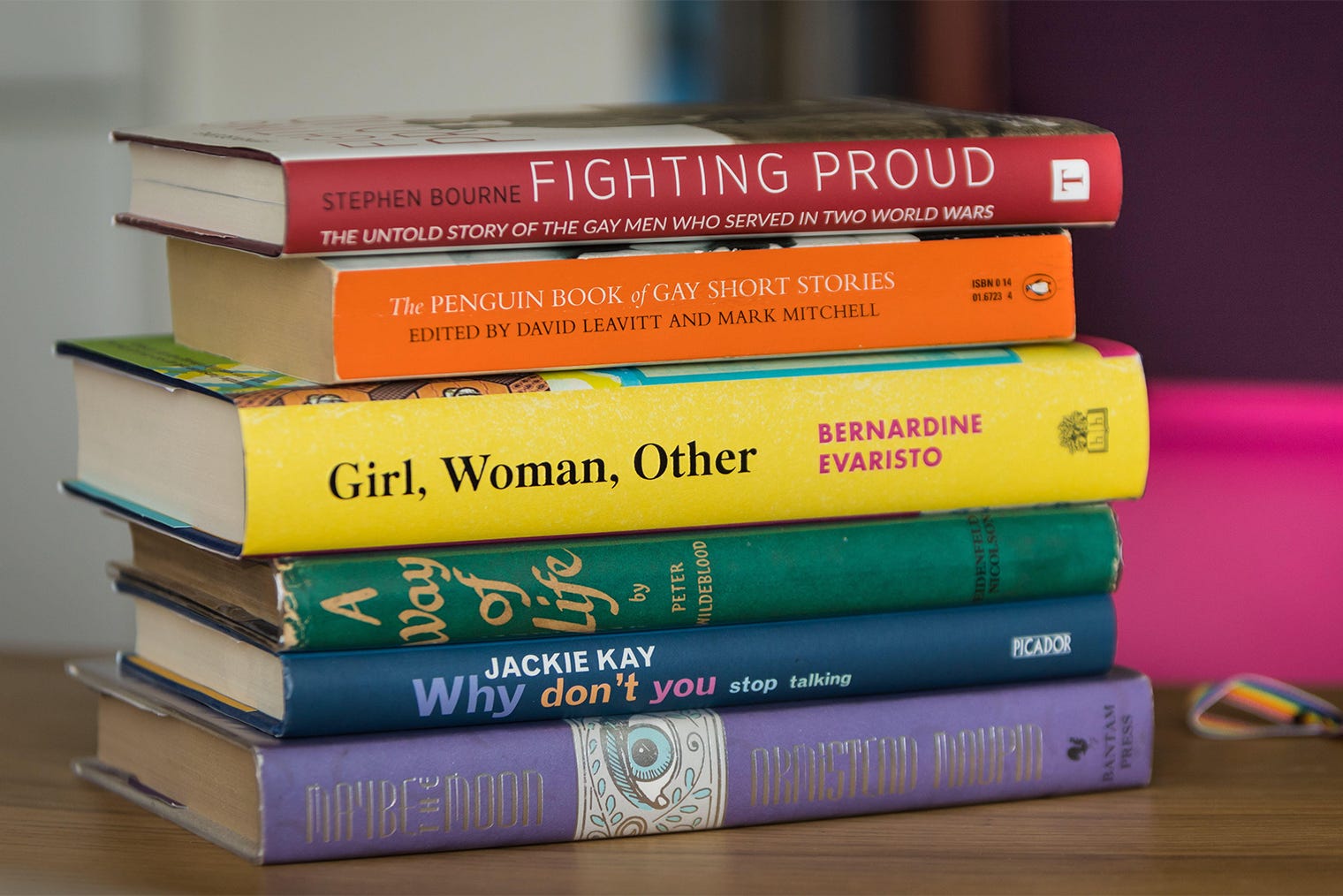
Zefrog/Alamy
BOOKS FOR EVERYONE
Does Literature Have Gender?
When Anja Snellman was a child, everyone in the concrete courtyards of her neighborhood spoke the same slang. Not until school did she realize that girls were expected to speak and dress differently from boys. Girls were expected to be nice, silent, and unassertive.
As a young woman, she admired Isadora Duncan, who sometimes dressed as a man, and Marlene Dietrich, who oozed glamour in a men’s suit.
“When I think about gender, the first thing that comes to mind is that I don’t think about it much. I agree with Edith Södergran: I’m not a woman. I’m a neuter. A child, a servant boy, a brave decision. A laughing trace of a bright red sun.”
GENDERED APPROACHES to literature become evident around Father’s Day each year, when only books written by male authors tend to be marketed to men. Women, on the other hand, read books written by men, women, and other genders in both advertising and real life.
Snellman says that nearly half of her readers are men. She thinks this is because of the social themes of her books, and women’s sexuality also interests men as a theme.
“I have often wondered at which point boys and young men are assumed to suddenly lose interest in girls’ and young women’s thoughts, so at thirty they can sigh dramatically: woman is a mystery,” Snellman says with a laugh.
What if she had written her books under a male pseudonym? Would they have been received differently?
Snellman pauses to think for a while and then bursts out laughing: “I think I would at least have won more awards.”
A STUDY PUBLISHED in 2019 found that it is more difficult for female writers to receive review coverage, because there is a “marked bias” toward male writers. According to the Guardian, women continue to be pigeonholed as domestic rather than being taken seriously as authors.
“For a man writing is a career,” says Rowan Coleman. “For a woman, so often her writing is treated like it’s a hobby, a nice thing to do on the side. That attitude is deeply embedded in our culture.”
“When you compare the coverage of my work to that of men writing in similar areas, the emphasis in my case has been on the domestic, and in theirs on the academic,” says Joanne Harris. “Women are still viewed as a niche group, dealing solely with women’s issues, whereas men are thought of as dealing with important, universal themes.”
SNELLMAN FEELS that her gender, feminist mindset, and the ensuing expectations have affected the reception of her books. One of them, Lauri of Arabia, is a love story between two men. Nevertheless, some critics read it as a heterosexual love story, if not autofiction.
“After that novel, I thought it would be nice to write a book without deciding which gender the protagonist represents. I have since written a collection of poems in which it is impossible to tell the gender of the narrator of each poem.”
FOR A GROWING number of people, it is clear that there are more than two genders and thatbeing non-binary is one natural identity among others. On the other hand, economic and political uncertainty in society seem to be fueling a resurgence of conservative views and polarization.
“I hope that gender diversity will gain a stronger foothold, even in literature. With the focus on quick profits, this may be difficult. Each new book season is increasingly only about the bestsellers,” Snellman says.
“As authors, we must continue to write boldly and support one another despite external threats and pressures, even though it often feels that no matter how meaningful your message, it soon becomes buried in meaningless hype and other random online noise.”
Anja Snellman was interviewed by Tomi Kontio for the Union of Finnish Writers





